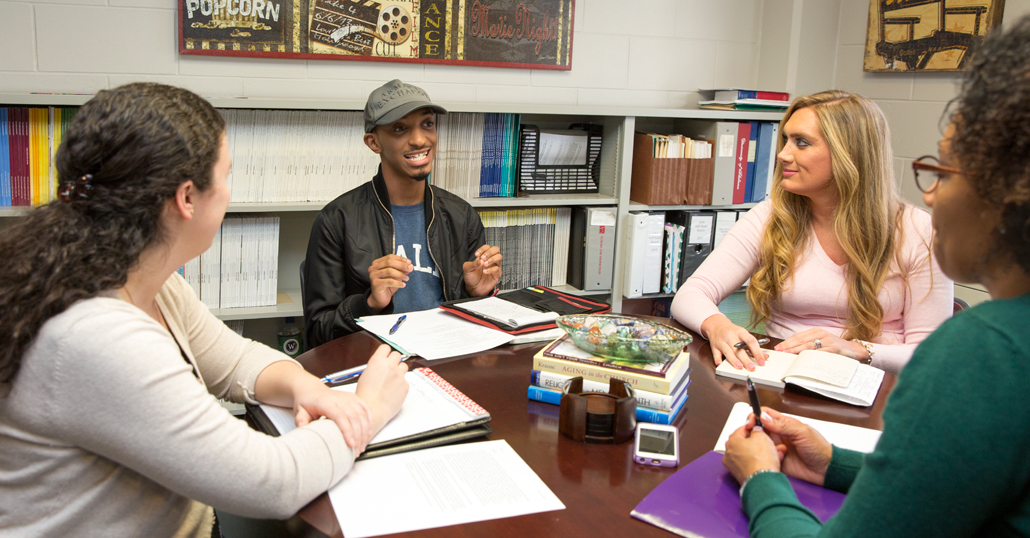
Clinical Psychology Training: How Practicum Settings Differ from Professional Ones
If you are a university student in need of counseling, you have the option to visit the university’s psychology clinic.
Here you will find graduate students who are learning to become professional psychotherapists. One of the features of clinical psychology training is the practicum requirement, the point at which the graduate student begins to perform interviews and individual therapy.
Even though the university’s psychology clinic typically offers services free of charge to students, however, it is natural to be a bit apprehensive about the experience. Do you trust your feelings to a person who is still in training to become a clinical psychologist?
In general, how does the practicum setting differ from a professional one?
Supervision
Does the thought of a one-way mirror make you nervous? This is what you can expect in a clinical psychology practicum setting.
Because graduate students are still in training, the performance of their therapy is meticulously supervised by more experienced professionals.
One of the main differences, then, between a practicum setting and a professional one is that the university has people behind the mirror who are monitoring the situation. It is to the graduate student’s credit that he or she can openly address this and make you feel comfortable with it.
Extensive Use of Testing
Does the thought of interpreting an ink blot make you nervous? The extensive use of psychological testing is another feature of the clinical practicum you can expect to find.
Again, because the student is still in training, they will want to practice their skills in a way that a professional clinical psychologist might not.
Would you be willing to pay a lot of money in a professional psychology setting just to take an IQ test?
A Long-Term Experience
Because the therapy offered at the university’s psychology clinic is free, you’re given the long term advantage to explore deeper facets of your personality with the guidance of the graduate student.
Parenthetically, you shouldn’t be surprised if you develop a deep emotional attachment to this person.
In sum, you might wonder how practicum settings differ from professional clinical psychology ones. You can be assured that the graduate students who train at a university’s psychology clinic are devoted to their work.
It is because of the need for supervision and the need to practice clinical skills that differences are created between the practicum setting and the professional one.
You shouldn’t hesitate to visit the psychology clinic at a university. You should just know what to expect.
